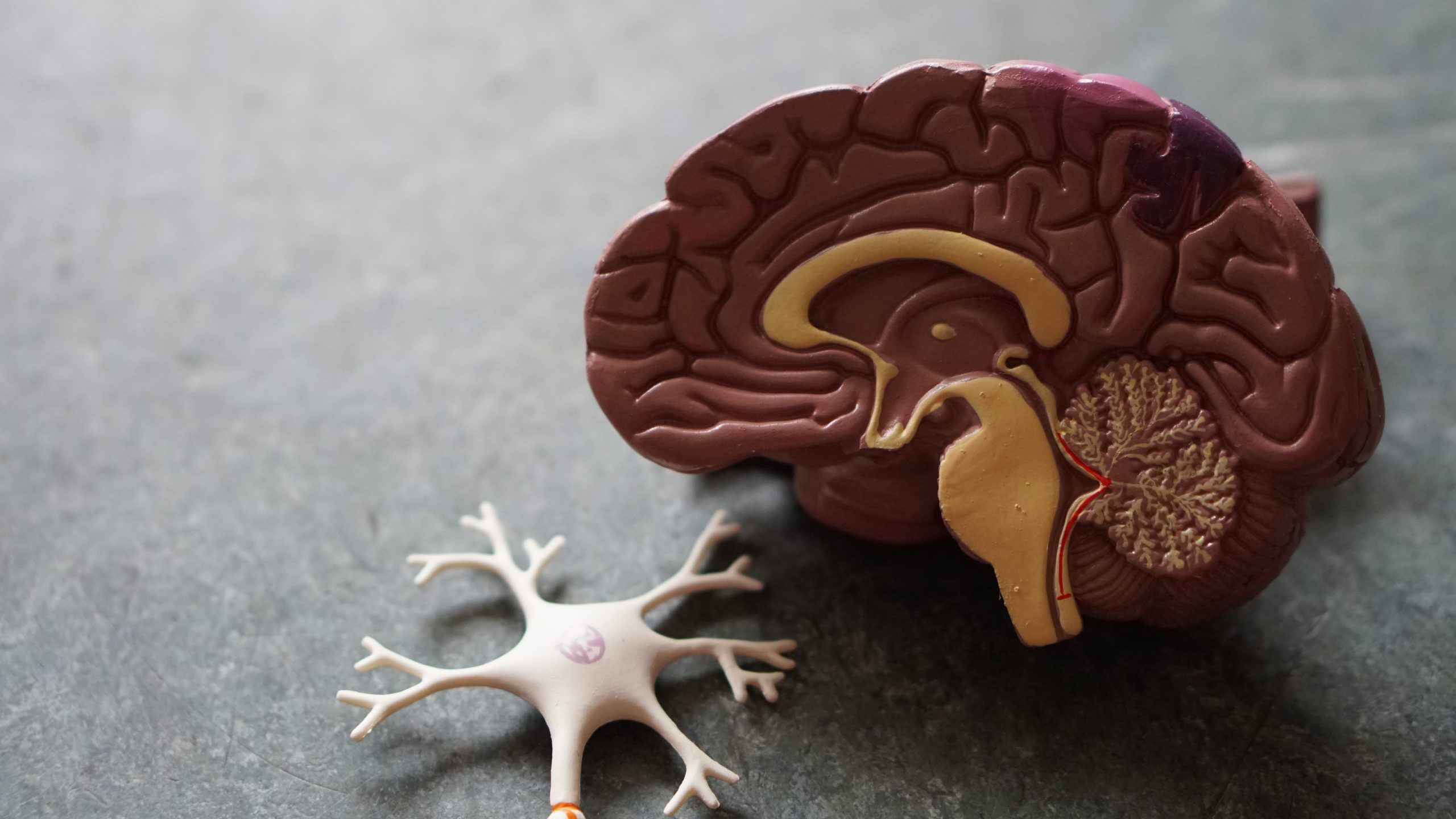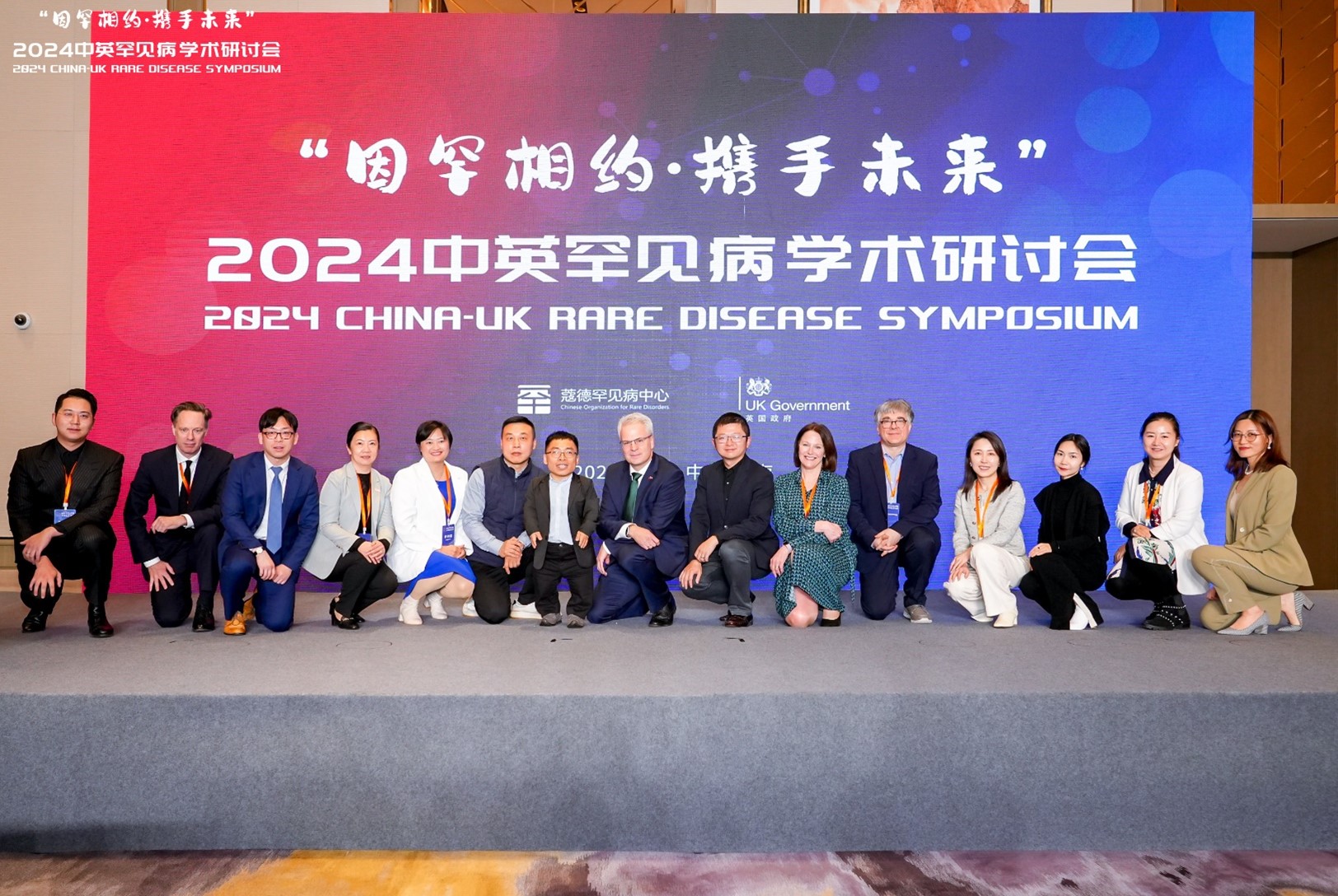Clinical trials for rare diseases are an important, though often overlooked, aspect of clinical research. 6,000 rare diseases affect approximately 300 million people worldwide; yet, there remains a serious lack of treatment options. 95% of rare diseases have no effective treatments.
A combination of lack of investment in clinical research for rare diseases and the difficulties of undertaking clinical trials for such a niche disease market has stifled development. There is growing political momentum behind the need for change; the UK Government’s recently published Rare Disease Action Plan pledges to improve access to specialist care, treatment, and drugs. However, rare diseases pose unique challenges for clinical trials, and overcoming them is no mean feat.
Challenges of rare disease clinical trials
Rare diseases present a unique set of challenges for designing clinical trials. As each rare disease affects only small numbers of people, conventional clinical trials are often cost prohibitive, or simply not feasible. These diseases are also known as orphan diseases.
Multiple countries have introduced legislation to provide incentives to encourage drug development for rare diseases. For instance, the United States introduced the Orphan Drug Act in 1983, which resulted in over 250 orphan drugs for more than 13 million Americans to tackle previous market failures.
Moreover, the low prevalence of rare diseases also leads to small participant pools available for clinical trials, where cases can vary by location, disease severity, and clinical features. Not every rare disease trial is as challenging as others, but other trial options should be considered if a randomised control design is not feasible. Rare disease drugs may be approved based on just one appropriately controlled trial if the trial provides sufficient evidence and safety information.
It is also important to remember that investigators may need to set up clinical trials across multiple centres and countries to recruit sufficient patient numbers for a rare disease study, which can be a lengthy and complex system to navigate. With so few patients of a rare disease, there may also be limited specialists and experts in a particular disease. Finding and recruiting patients, appropriate specialists, and centres for a study requires local knowledge and partners. Despite these challenges, there are still options available for improving the operations and delivery of clinical trials for rare diseases.
Improving clinical trials for rare diseases
Actigen’s team of clinical trial experts specialises in developing biological medicines for rare human diseases with unmet medical needs. The team is focusing on improving treatments for rare disease patients, taking a rigorous, and individualised approach to their study designs to overcome the current challenges of rare disease trials.
Actigen is positioned to connect to both patients and specialists using their network of experts. Using an accelerated and rigorous programme design, Actigen aims to improve the validity of their trial and reduce the time takes to get this treatment to the market.
Patients with the same rare disease can have variable clinical features. By using a personalised clinical trial methodology to accommodate this disease variability, monitoring patients across various parameters, and recording patient feedback, Actigen designs clinical trials that suit the needs of the patient.
This strategy allows investigators to focus on individual patient outcomes and evaluate the therapeutic benefits to patients with different disease severities. Actigen’s aims to show how these changes to clinical trials can improve treatments available to patients with rare diseases in practice.
The improvements in practice
Actigen will be leading a clinical trial for GNR-055, a potential breakthrough treatment for the life-limiting, rare disease, mucopolysaccharidosis II (MPS II) (also known as Hunter syndrome).
Occurring in around 1 in 100,0000-170,000 births, MPS II presents almost exclusively in males and has a major impact on the physical and neurological health of those affected. Its effects include progressive deterioration of the heart, lungs, brain, and neurodegenerative issues, resulting in cognitive and behavioural problems.
Actigen’s future clinical trial on GNR-055 presents an opportunity to find a better treatment option for MPS II, which could significantly improve patients’ physical and cognitive functions and enhance their quality of life.
Current treatment options only offer a partial solution, improving the function of the patient’s physical health but not the neurological issues. GNR-055 uses an innovative combination of an IDS enzyme and antibody fragment to cross the brain-blood barrier and address the debilitating neurological issues patients experience. This treatment fulfils an unmet clinical need and could offer life-changing improvements for patients affected by Hunter syndrome.
As we emerge from the worst public health crisis in a generation, we have an opportunity to radically rethink our approach to clinical research for rare diseases. It’s time to give rare disease trials the same importance as other clinical trials; the future of our global health community depends on it.


